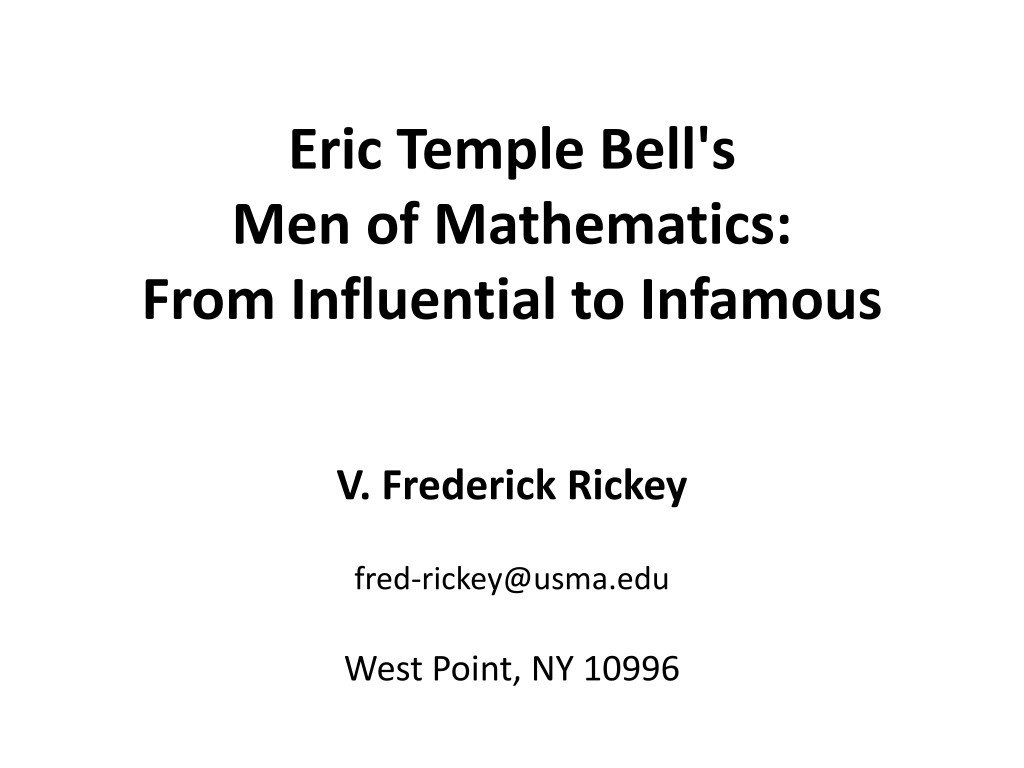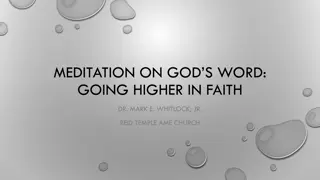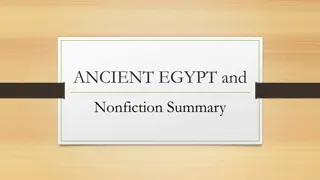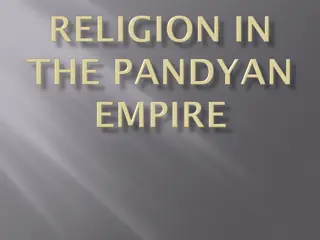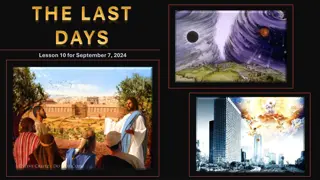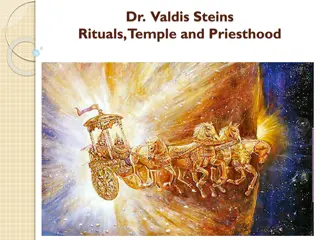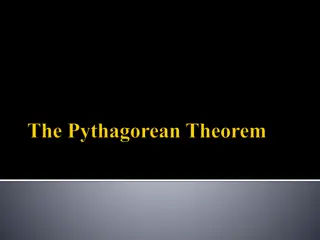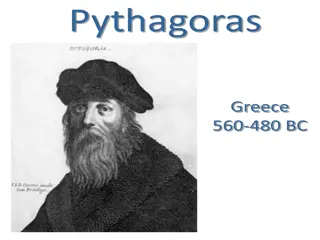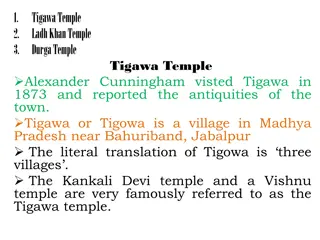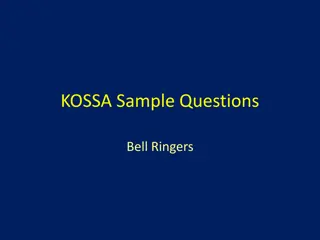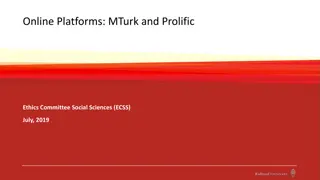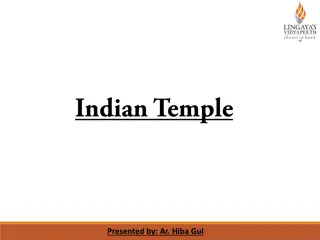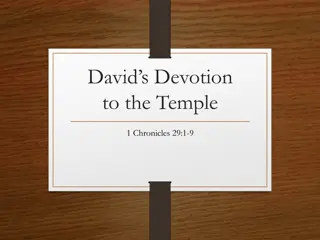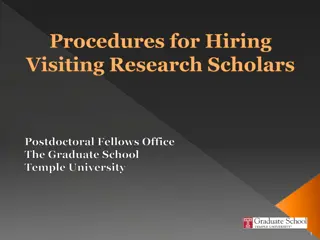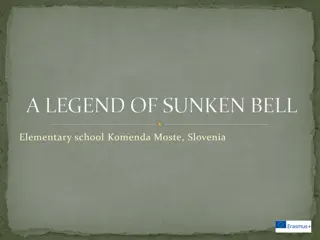Eric Temple Bell: Mathematician Extraordinaire and Prolific Author
Eric Temple Bell, a renowned mathematician and author, led an illustrious career in academia. With a strong educational background and extensive research contributions, Bell made significant advancements in arithmetical functions, Diophantine analysis, and more. Throughout his teaching career and beyond, he received prestigious honors and published numerous works, both academic and popular. His legacy as a mathematician and writer continues to inspire and influence the field of mathematics.
Download Presentation

Please find below an Image/Link to download the presentation.
The content on the website is provided AS IS for your information and personal use only. It may not be sold, licensed, or shared on other websites without obtaining consent from the author. Download presentation by click this link. If you encounter any issues during the download, it is possible that the publisher has removed the file from their server.
E N D
Presentation Transcript
Eric Temple Bell's Men of Mathematics: From Influential to Infamous V. Frederick Rickey fred-rickey@usma.edu West Point, NY 10996
Eric Temple Bell, 1883 - 1960 Published 1937 Continuously in print Libraries have 4300 copies Received the gold medal of the Commonwealth Club of CA Title chosen by the publisher 29 portraits in early editions
Bells Education AB, honors, Stanford, 1904 2 years AM, Washington, 1908 1 year Ph.D., Columbia, 1912 1 year
Teaching Career HS in San Francisco, 1904 1907 Yreka High School, 1909 1911 University of Washington, 1912 1926 California Institute of Technology, 1926 1953
When Bell retired in 1953, he was given a copy of the Arithmetica of Diophantus (1670) signed by many men and women.
Bells Research Mathematics Arithmetical functions 35 papers Arithmetical paraphrases 80 Bell numbers and polynomials 30 Diophantine analysis 30 Miscellaneous 40 215 publications. 88 papers listed in MathSciNet Only 1% of mathematicians have published this much
Honors B cher Prize, 1926 National Academy of Sciences AMS Colloquium lectures, 1927 President of the MAA, 1931 1933 VP AMS VP AAAS
11 popularizations Debunking Science, 1930 The Queen of the Sciences, 1931 Numerology, 1933 The Search for Truth, 1934 The Handmaiden of the sciences (1937) Men of Mathematics, 1937 Man and His Lifebelts, 1938 The Development of Mathematics, 1945 The Magic of Numbers, 1946 Mathematics: Queen and Servant of Science, 1951 The Last Problem, 1961
17 Science Fiction Books by John Taine Iron star.jpg Time stream.jpg The Purple Sapphire (1924) The Gold Tooth (1927) Quayle's Invention (1927) Green Fire (1928) The Greatest Adventure (1929) The Iron Star (1930) The Time Stream (1931) Seeds of Life (1931) Before the Dawn (1934) The Time Stream (1946) The Forbidden Garden (1947) The Cosmic Geoids (1949) The Crystal Horde (1952) G.O.G. 666 (1954) Green fire.jpg Gog 666.jpg
Chapters in Men of Mathematics Zeno, Eudoxus, Archimedes Descartes Fermat Pascal Newton Leibniz The Bernoullis Euler Lagrange Laplace Monge, Fourier Poncelet Gauss Cauchy Bell's style is addictive; he makes every personality come to life Lobatchewsky Abel Jacobi Hamilton Galois Sylvester, Cayley Weierstrass, Sonja Kowalewski Boole Hermite Kronecker Riemann Kummer, Dedekind Poincar Cantor
Bells Sources: Mostly a Mystery Jahrbuch ber die Fortschritte der Mathematik Biblioteca Mathematica Dupuy on Galois (cf. Tony Rothman) Weierstrass / Kowalewski correspondence Occasional references in the chapters, e.g., Bliss HM courses from R. E. Moritz and D. E. Smith
How was Men of Mathematics Received? What did the reviewers say?
Reviewed by George Sarton, 1938 The longest chapter by far (52p.), and one of the best, is properly devoted to Gauss. It is the best account available in English (within the non- technical limitations of the book) and I will expect my Harvard and Radcliffe students to read it carefully. The sketch of Gauss is based on Sartorius (1856).
Reviewed by G. Waldo Dunnington, 1937 Dr. Bell is a seasoned, skilful writer with a fluent style; he writes with a realistic, curt, potent wit and stark, frank humor which does not stop short of vigorous, rollicking slang.
The algebraic numbers are spotted over the plane like stars against a black sky; the dense blackness is the firmament of the transcendentals.
The majority of the mathematical members of the Bernoulli family . . . did not deliberately choose mathematics as a profession but drifted into it in spite of themselves as a dipsomaniac returns to alcohol. The Bernoullis took their mathematics in deadly earnest. Some of their letters about mathematics bristle with strong language that is usually reserved for horse thieves.
It was inevitable after the work of Cavalieri, Fermat, Wallis, Barrow and others that the calculus should presently get itself organized as an autonomous discipline. Like a crystal being dropped into a saturated solution at a critical point. Mezzotint after a painting Of J. Vanderbank, 1725
Leibniz was forever disentangling the genealogies of the semi- royal bastards whose descendants paid his generous wages, and proving with his unexcelled knowledge of the law their legitimate claims to duchies into which their careless ancestors had neglected to fornicate them.
Review by George Sarton, 1938 The most valuable parts [of the book] are . . . the mathematical remarks, drawn from his own rich experience.
Gauss discovered Quadratic Reciprocity As this is quite simply stated we shall describe it. There is a beautiful reciprocity between the pair of congruences x2 q (mod p) and x2 p (mod q), where, . . . Gauss turned it over and over in his mind for many years, seeking to find its taproot, until he had given six distinct proofs.
Reviewed by Lao G. Simons, 1938 The reader of Men of Mathematics lays down the book after a first reading with a feeling of profound satisfaction that here is a fascinating set of short stories. This book may be read with appreciation by the intelligent layman
"Sonja's sex had got the better of her ambitions and she had been living happily with her husband. Bell Spends undue amount of time discussing Kowalewski's sexual attributes and their effect on her mathematical colleagues and teachers, and little explaining her contributions to mathematics. An Amazon reviewer
No Reviewer Called Bell a Sexist The first citation of the word sexist in the OED was by Fulton J. Sheen in 1949 In the Forties, I was a sexist like almost everyone else. Benjamin Spock, 1989
Question People complain about the errors, exaggerations, and prejudices in Men of Mathematics . . . . . . but have they read it?
The Bad . . . Sometimes Bell ignored his sources He simply made up some stories Today his prejudices show
. . . And the Good Bell had read widely He mostly gave the right feel The book is captivating The book is inspiring
Give this Book to Young People They will enjoy reading it They can learn from the books faults There is no better book on this theme And now some examples of the book s impact
The only idea of real mathematics that I had came from Men of Mathematics. In it I got my first glimpse of mathematician per se. I cannot overemphasize the importance of such books for students like myself . . . I learned many interesting things from Bell s book . . . I was especially excited by some theorems of number theory. Julia Robinson, 1990.
John Nash By the time I was a student in high school I was reading the classic "Men of Mathematics" by E. T. Bell and I remember succeeding in proving the classic Fermat theorem about an integer multiplied by itself p times where p is a prime. http://t2.gstatic.com/images?q=tbn:4rN6vS09MwSHNM%3Ahttp://www.youngcarers.net.au/uploads/nash.jpg
My family has produced several mathematicians, but I am not one of them. However, this book is extremely interesting just do as I did and skim right over the math. Florence Ogg Smith (in an Amazon review)
The Last Problem This expository book was almost finished when Bell died on December 20, 1960 http://t3.gstatic.com/images?q=tbn:0x87EH3KWcLNBM:http://140.128.17.1/mkuo/%E6%95%B8%E5%AD%B8%E5%AE%B6%E7%9A%84%E5%B0%8F%E6%95%85%E4%BA%8B/IV/19/pic/Bell/Bell1.jpg D. H. Lehmer wrote the last chapter Shortly it inspired a ten-year-old named Andrew Wiles
Read Bell! Read Bell! He is the inspiration of us all!
